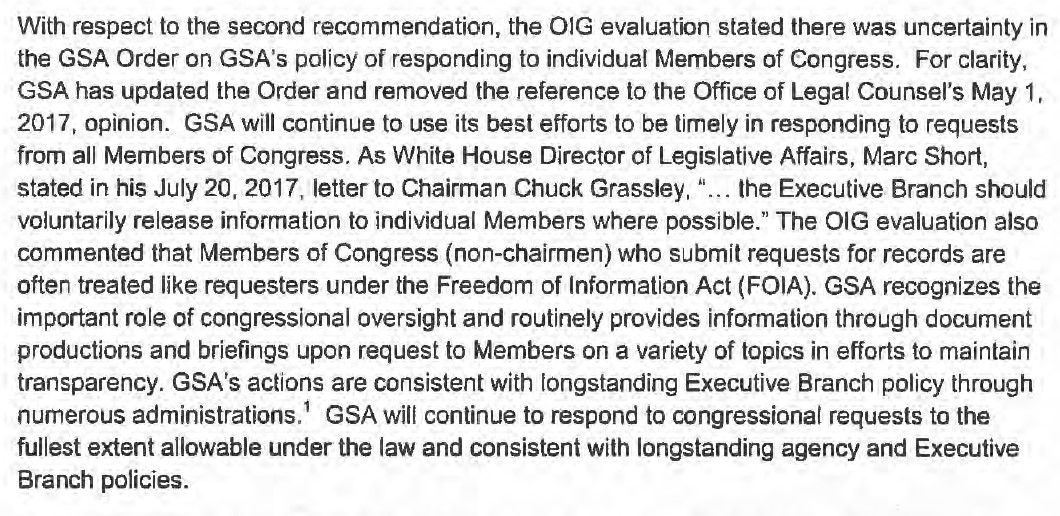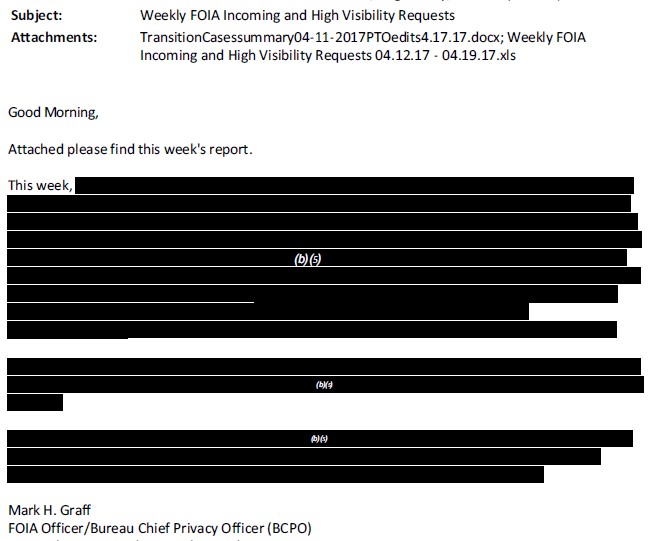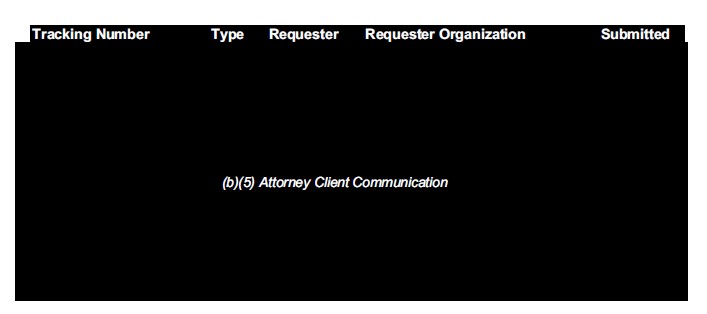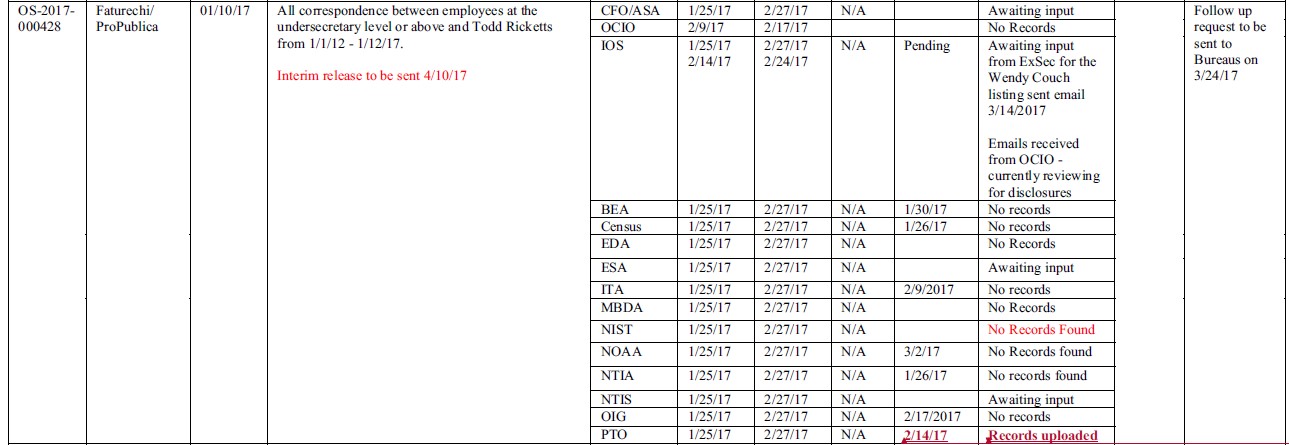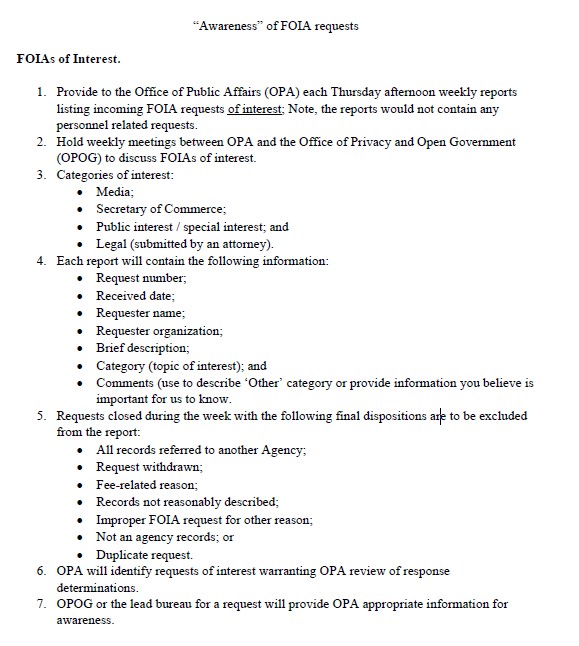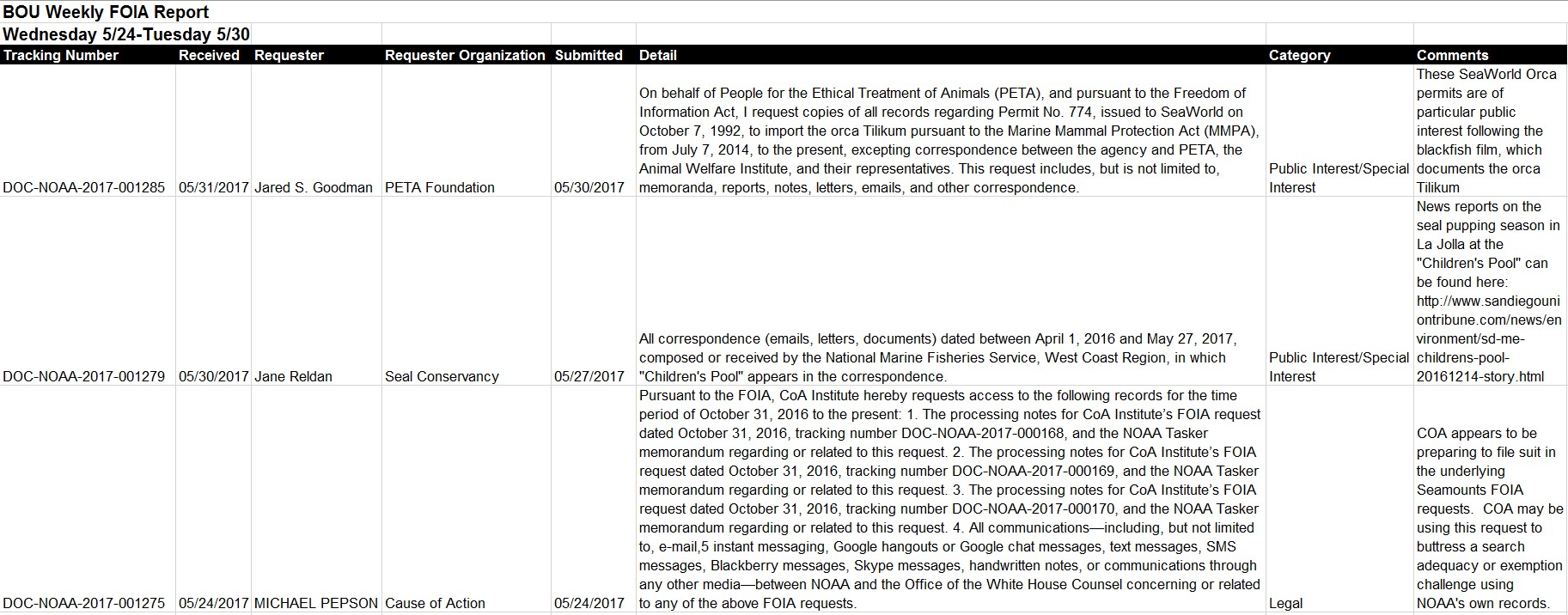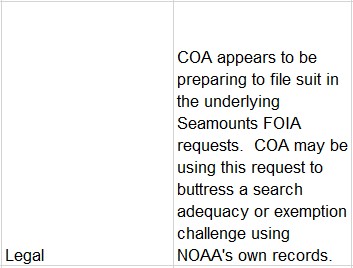Did you commit a felony when you made those cash payments to your babysitter? Last week, the United States Supreme Court issued an opinion answering the question as decisively, no. “Please,” you are probably thinking, “that could never have been the case.” But according to the federal government’s arguments in a recent criminal tax case at our nation’s highest court, such conduct could have constituted felony obstruction of the tax code if you knew your babysitter was likely not going to report the income to the IRS.
Under the government’s requested interpretation of 26 U.S.C. § 7212(a), which punishes anyone who corruptly obstructs or impedes the due administration of the tax code, such a payment to the babysitter would be “corrupt” because it would help another obtain an unlawful benefit (not paying taxes) and impede the IRS’s ability to collect those taxes. In Marinello v. United States, however, Justice Breyer delivered a 7-2 decision that decisively narrowed the scope of conduct that constitutes felony obstruction of the tax code. The decision should leave every taxpayer relieved that they cannot unwittingly become subject to criminal prosecution.
Cause of Action Institute filed one of only two “friend of the court” briefs at the certiorari stage, in partnership with the National Association of Criminal Defense Lawyers. The two organizations partnered again at the merits stage to file a second “friend of the court” brief in support of Mr. Marinello’s position.
Carlo Marinello, II owned a small courier service in New York. In 2012, the United States obtained an indictment against him for failure to file tax returns and for obstruction under 26 U.S.C. § 7212(a)’s “omnibus clause” of the criminal tax code, which makes it a felony to “in any other way corruptly…obstruct [] or impede [] or endeavor to obstruct or impede, the due administration” of the tax code. The government argued that Mr. Marinello obstructed the administration of the tax code when he failed to maintain books and records for his small business, failed to provide his accountant with complete information, and discarded business records and receipts. The government argued that these otherwise innocuous (and perfectly legal) acts were criminal because they impeded the IRS’s administration of the tax code and were done “corruptly” because they helped him obtain an unlawful benefit—evading taxes. However, the tax code separately criminalizes tax evasion and failure to file tax returns and requires that the government prove that the defendant acted “willfully,” a heighted criminal intent, in committing these crimes.
Disagreeing with the government, the Supreme Court held that the “due administration of the tax code” as referenced in section 7212(a) did not cover any and all governmental efforts to collect taxes. Rather, the clause refers to the specific interference with targeted governmental tax-related proceedings, such as a particular investigation or audit. Specifically, the Supreme Court held that to secure a conviction under the “omnibus clause,” the government must show (among other things) that there is a “nexus” between the defendant’s conduct and a particular administrative proceeding, such as an investigation, an audit, or other targeted administrative action. The government must also prove that the investigation or audit was pending at the time the defendant engaged in in the obstructive conduct or was at least reasonably foreseeable by the defendant. Marinello v. United States, 584 U.S. __, __ (2018) (slip op., at 11). In other words, the defendant’s actions must obstruct a currently pending proceeding or specific IRS audit. This reasoning was based on a similarly worded criminal statute pertaining to the obstruction of “justice” as interpreted by the Supreme Court. See United States v. Aguilar, 515 U.S. 593 (1993) (requiring proof that the defendant obstructed a specific pending proceeding, not just the government’s broad administration of justice).
With regard to a taxpayer’s payment to a babysitter, and citing an IRS regulation, Justice Breyer remarked the government’s interpretation of the statute could result in felony prosecution for a person who pays a babysitter $41 per week in cash without withholding taxes, leaves a large cash tip in a restaurant, fails to keep charity donation receipts, or fails to provide every record to an accountant. As Justice Breyer stated, “[a] taxpayer may know with a fair degree of certainty that her babysitter will not declare a cash payment as income—and, if so, a jury could readily find that the taxpayer acted to obtain an unlawful benefit for another.” The Supreme Court stated that if Congress had intended this result, it would have spoken with more clarity.
Justice Breyer further emphasized that criminal statutes must be narrowly interpreted and that courts cannot rely on promises of prosecutorial discretion to narrow the scope of a statute. The Supreme Court has “traditionally exercised restraint in assessing the reach of a federal criminal statute, both out of deference to the prerogatives of Congress and out of concern that a fair warning should be given to the world in language that the common world will understand of what the law intends to do if a certain line is passed.” Marinello, 584 U.S. at __ (slip op., at 4). Moreover, the Court’s review of the broader statutory context of the entire Internal Revenue Code further counseled against adopting the government’s broad reading. The Court noted that the tax code “creates numerous misdemeanors, ranging from willful failure to furnish a required statement to employees, section 7204, to failure to keep required records, 7203, to misrepresenting the number of exemptions, 7205, to failure to pay any tax owed, however small the amount, 7203.” The Court stated that to interpret the statute as applying to any administration of the tax code would potentially transform many, if not all, of these misdemeanor provisions into felony obstruction, making the specific provisions redundant, or perhaps the subject matter of plea bargaining. Id. According to Justice Breyer, the government’s preferred interpretation would render superfluous many of the provisions of the same enactment, something that Congress could not have intended when it codified section 7212(a).
The Court further noted that it could not trust that prosecutorial discretion would limit the government’s use of the clause. At oral argument, the government attorney conceded that under the Attorney General’s Charging and Sentencing Policy, where a more-punitive and less-punitive criminal statute may apply to a case, the prosecutor must charge a violation of the most punitive statutory provision that it can readily prove at trial. Office of the Attorney General, Department Charging and Sentencing Policy (May 10, 2017). To rely upon prosecutorial discretion to narrow the otherwise wide-ranging scope of a criminal statute’s highly abstract general statutory language places great power in the hands of the prosecutor. Marinello, 584 U.S. at __ (slip op., at 9). The Court refused to construe the criminal statute on the assumption that the government will use it responsibly. According to Justice Breyer, doing so risks allowing “policemen, prosecutors, and juries to pursue their personal predilections,” id. (citing Smith v. Goguen, 415 U.S. 566, 575 (1974), which could result in the nonuniform execution of that power across time and geographic location.” Marinello, 584 U.S. at __ (slip op., at 9).
The Supreme Court’s holding is an important one for the rule of law, limiting the scope of overly broad criminal statutes, and protecting average taxpayers.
Erica Marshall is counsel at Cause of Action Institute


